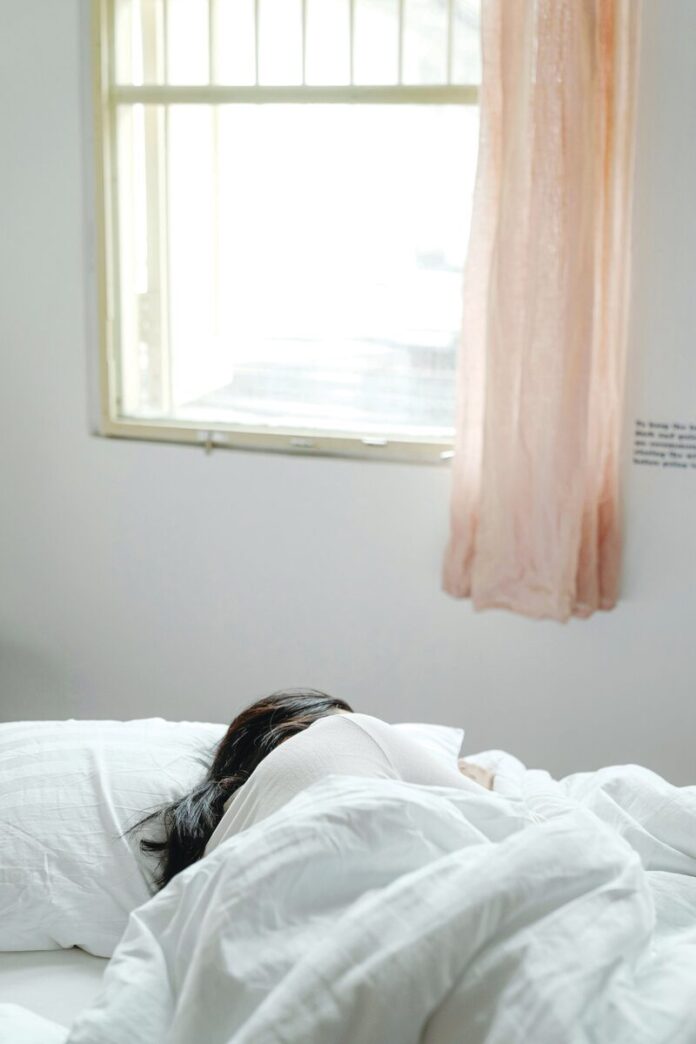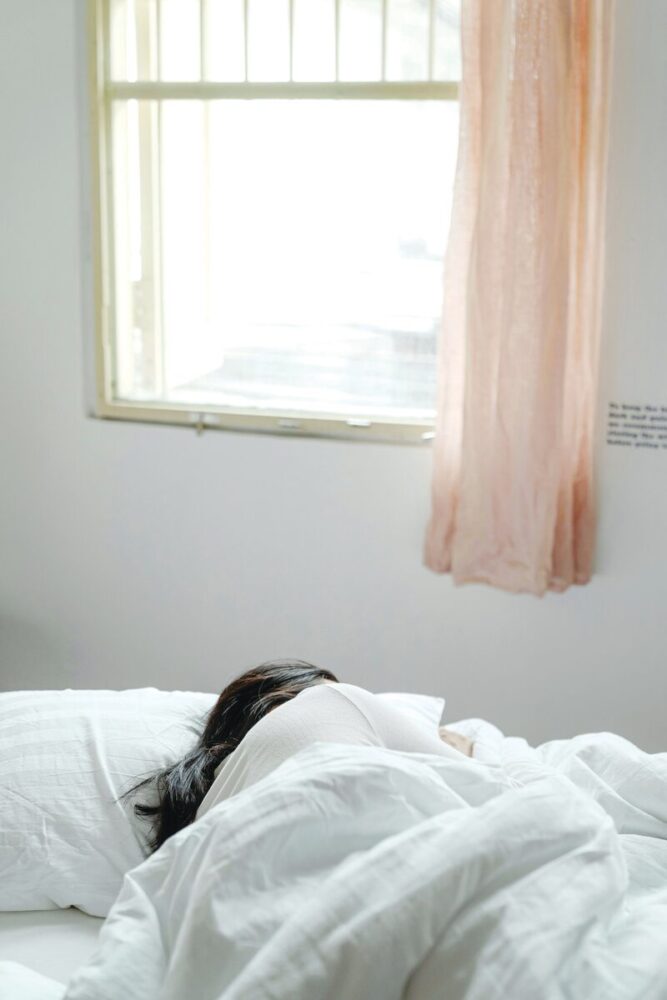

Many people struggle with getting quality restful, rejuvenating sleep. However, there are many actions that could help you take charge and improve your sleep habits. These tips have been brought to you by the Australian Red Cross:
1. Be consistent with your bedtime
Sticking to a regular sleep schedule by going to bed and getting up at roughly the same time each day, can help set the ‘rhythm of your internal sleep body clock.’ Most adults need between 6-8 hours sleep each night and a good routine ensures you’re getting quality sleep.
2. Have a wind down routine
Developing your own bedtime routine before going off to bed helps remind your body that it is ‘time to sleep.’ Some people take a warm bath (not too hot), read quietly, lower the lights in the house and bedroom, or have a warm milk drink before bed. Others find that relaxing stretches and calming breathing techniques help. Find what works best for you and implement it regularly in the hour before bed.
3. Avoid long naps during the day
Taking daytime naps can temporarily relieve tiredness, however if then naps are later in the day (e.g. after 3pm) and for more than 30 minutes, it may make it harder for you to feel tired at your usual bedtime. It’s best to avoid taking naps during the day if you can.
4. Exercise during the day
Regular exercise helps burn off excess energy which may make your body ready for rest. However, strenuous exercise too close to bedtime will delay your ability to sleep. Morning walks are a great way to start the day and help the internal sleep body clock.
5. If you can’t sleep, get up and try again
If you haven’t been able to get to sleep within 20 minutes, get up and do something relaxing until you feel sleepy again. Try a calming activity like reading a book in dim light until you’re tired and then go back to bed. If your mind is overactive, it may also help to write down some of your thoughts to relieve yourself from thinking too much and to encourage restfulness and sleep.
It may take some time for these healthy sleep habits to take full effect, and different things work for different people. Be patient and keep trying things to find what works best for you. If your sleep doesn’t improve, contact your GP for some extra help and advice.





